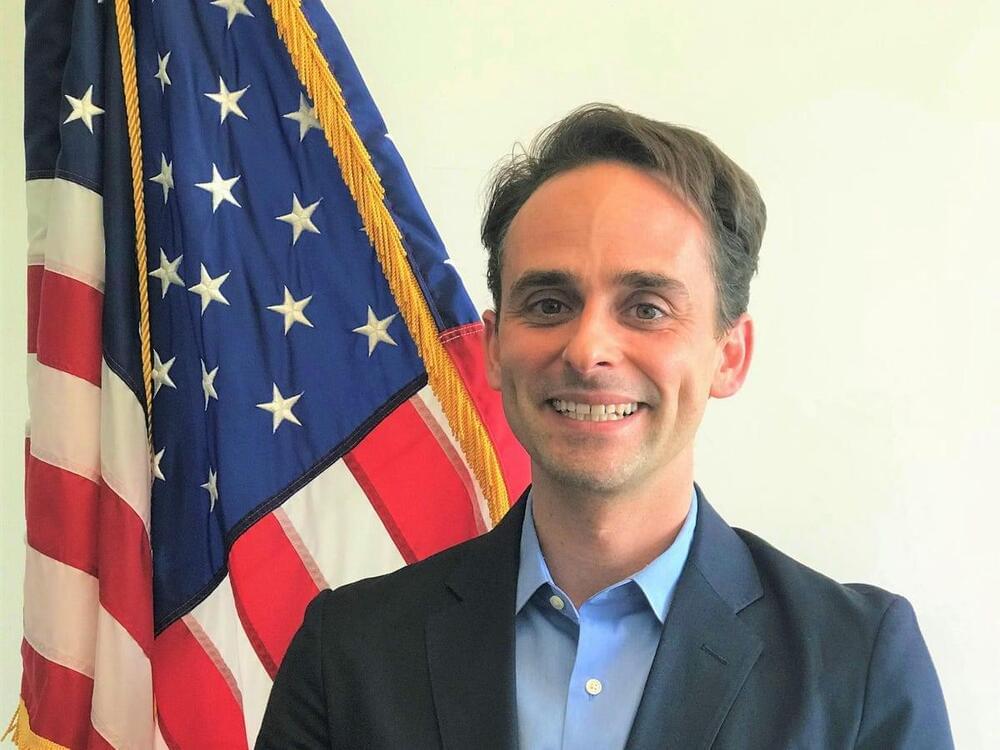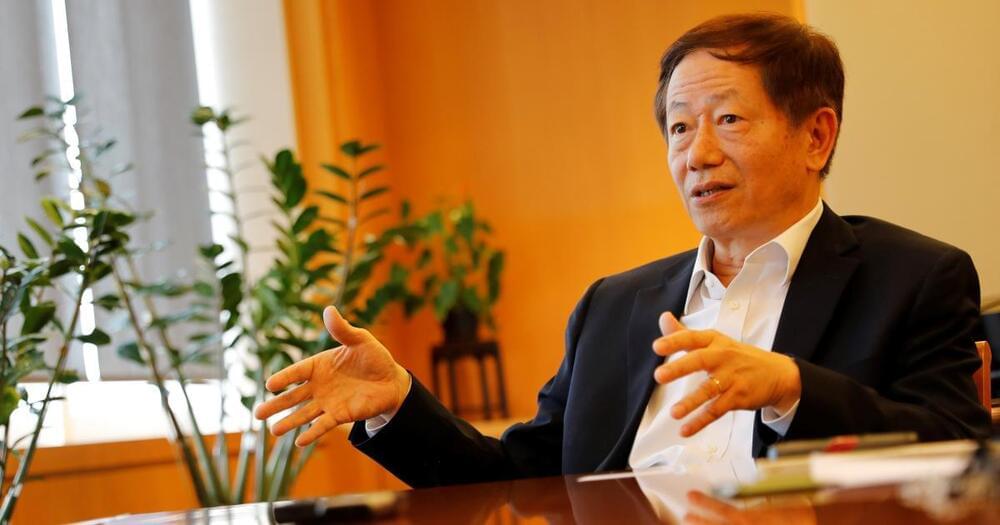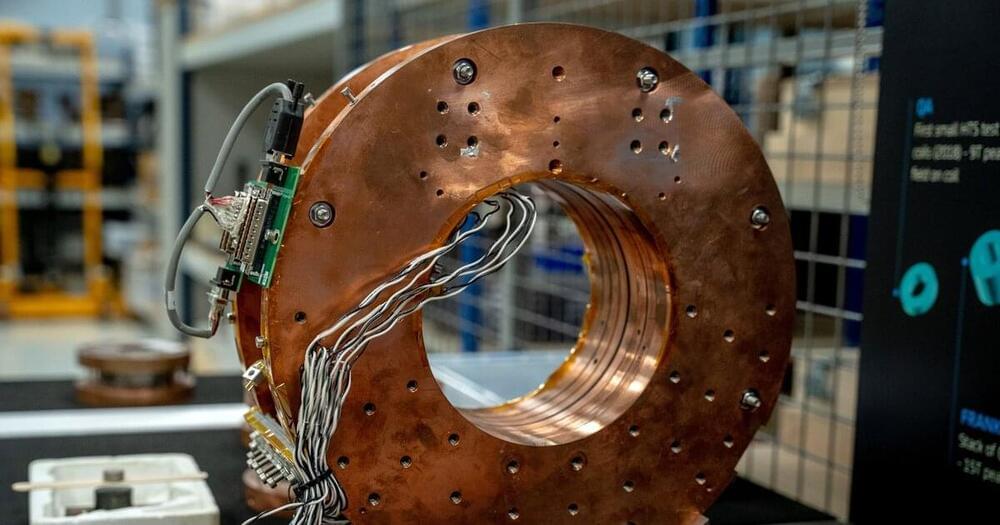As the world turns increasingly more digital and data-driven, there is an increasing desire for greater visibility and transparency of data. Governments around the world have turned to digital means to submit and pay taxes as well as collect a variety of revenue from different sources. Likewise, governments are making deeper use of data and systems for their expenditures and analyzing the patterns of that spending.
One of the lesser-known agencies in the US federal government is the Bureau of the Fiscal Service (BFS). As a bureau of the U.S. Department of the Treasury, the BSF manages the federal government’s accounting, central payment systems, and public debt. In essence, the BFS is the bookkeeper for the US federal government. A huge role given the trillions of dollars that flow through US coffers on an annual basis. Since the Federal Funding Accountability and Transparency Act of 2006 (FFATA) was signed into law on September 26 2006, the BFS has embarked on a number of wide ranging data-centric efforts to provide visibility into government spending including USASpending.gov, FiscalData.Treasury.gov, and DataLab.USASpending.gov.
Not surprisingly, the BFS has also invested heavily in the use of AI, the main topic of an upcoming AI in Government presentation on November 18 2021 with Justin Marsico, Chief Data Officer of the Bureau of the Fiscal Service. In that presentation, Justin shares how deeply the bureau is investing in the use of AI and some of the ways in which it is providing insights into government spending and revenues.





